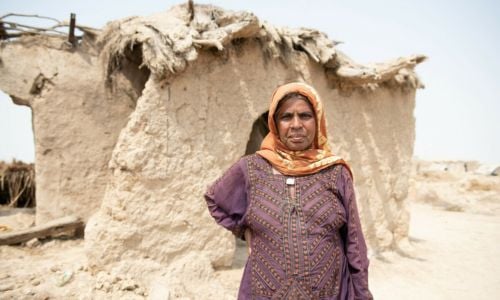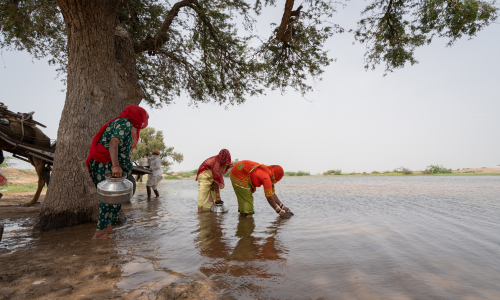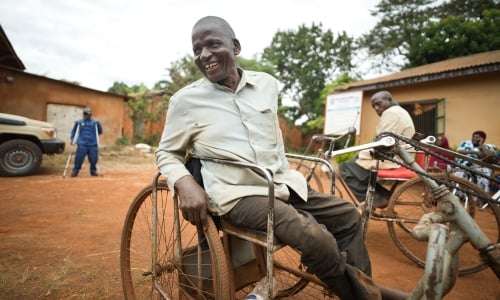
In their own words: Life after the Beirut explosion
The massive explosion in Beirut on 4th August killed over 200 people, injured thousands more and left half of the city destroyed. People lost loved ones, their homes and livelihoods.
In the aftermath of emergencies like this, older people are often forgotten. However, they need aid specially adapted to their needs, for example food packages and shelters that are accessible to everyone and healthcare specifically targeted at geriatric conditions.
Our partners on the ground are helping older people rehabilitate and recover from the impact of crisis over the coming weeks and months.
Darwiche Sibliny, 90, Beirut
"I have two sons, the eldest lives far away from me in Saida but takes care of all my needs. He tries his best to come and see me on a weekly basis, but living alone is not easy, especially with the current situation in Lebanon.
I barely leave the house since my son brings me everything I need. I have hypertension.
The glass of the windows in the house was broken by the Beirut blast and two doors need to be fixed. Thank God I am physically fine, but until today I still hear the sound of the explosion ringing in my ears."
Syrarpi Kattan, 88, Beirut
"I have four children: two daughters and two sons. I live in Karantina with my youngest son who is 66 years old. I am a hypertension patient.
On the 4th of August, I was alone at my house while my son was at his work in the Karantina area. When the Beirut blast happened, the house started shaking and everything fell, including the glass of the windows and the doors. I was lucky that I was sitting next to the TV in the living room, far from the windows, or else I could have died. My hands and legs were injured.
“She was covered in blood; I carried her and ran to more than three hospitals until one of them accepted to take care of her wounds. For a second, I thought that I would lose her”, says Syrarpi’s son Georges.
My only wish for the upcoming years is to have good health and a government to look after me and all the older people in Lebanon."
 Follow us on social media
Follow us on social media
Keep seeing our stories or ask us a question - connect on Facebook and LinkedIn.


